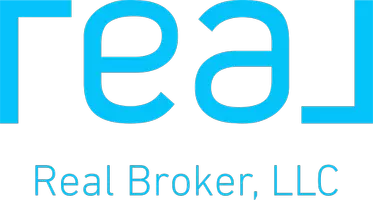The Pros and Cons of Buying a Fixer-Upper

Are you considering buying a fixer-upper? It can be an exciting prospect, but before diving into this type of investment, it's important to weigh the pros and cons. In this blog, we will explore the advantages and disadvantages of purchasing a property that needs some TLC.
Let's start with the pros. One of the main reasons people choose to buy a fixer-upper is the potential for a significant return on investment. Since these properties are often priced below market value, there is room for substantial profit when you renovate and sell. By putting in the time, effort, and money to improve the property, you can create a home with a higher market value.
Another advantage of buying a fixer-upper is the opportunity to customize the property according to your preferences. Unlike move-in ready homes, you have the freedom to design and create a space that suits your taste and lifestyle. From choosing the flooring and paint colors to reconfiguring the layout, you can truly make it your own.
Additionally, buying a fixer-upper can be a great learning experience for those interested in real estate investing. It allows you to gain hands-on knowledge in property rehabilitation, project management, and budgeting. These skills can be valuable if you plan to continue investing in real estate or even start a career in property development.
However, it's crucial to consider the cons as well. One of the biggest challenges of buying a fixer-upper is the time and effort required for renovations. Depending on the extent of the work needed, it can take several months or even years to complete the renovations. This can be overwhelming, especially if you have a busy schedule or lack experience in managing construction projects.
Moreover, unforeseen issues may arise during the renovation process. Hidden structural problems, plumbing or electrical issues, and outdated infrastructure can significantly impact your budget and timeline. It's essential to have a contingency fund and a thorough inspection before finalizing the purchase to avoid any unpleasant surprises.
Another disadvantage of buying a fixer-upper is the potential stress it can bring. Renovations can be messy, disruptive, and demanding. Living in a construction zone can be challenging, especially if you have young children or are sensitive to noise and dust. You should carefully evaluate your tolerance for these inconveniences before committing to a fixer-upper.
Lastly, financing a fixer-upper can be more complicated than a move-in ready property. Traditional mortgage lenders may be hesitant to finance a property that requires extensive renovations. However, there are specialized loan options, such as FHA 203(k) loans, that can help you finance both the purchase and renovation costs. It's important to explore these financing options and consult with a mortgage professional to determine the best fit for your situation.
In conclusion, buying a fixer-upper can be a rewarding investment if you are prepared for the challenges it entails. It offers the potential for a higher return on investment, customization opportunities, and valuable learning experiences. However, it requires careful planning, budgeting, and a willingness to handle the renovation process. Assess your personal circumstances, financial situation, and risk tolerance before deciding if a fixer-upper is the right choice for you.
Recent Posts











"My job is to help you accomplish your goals! "
